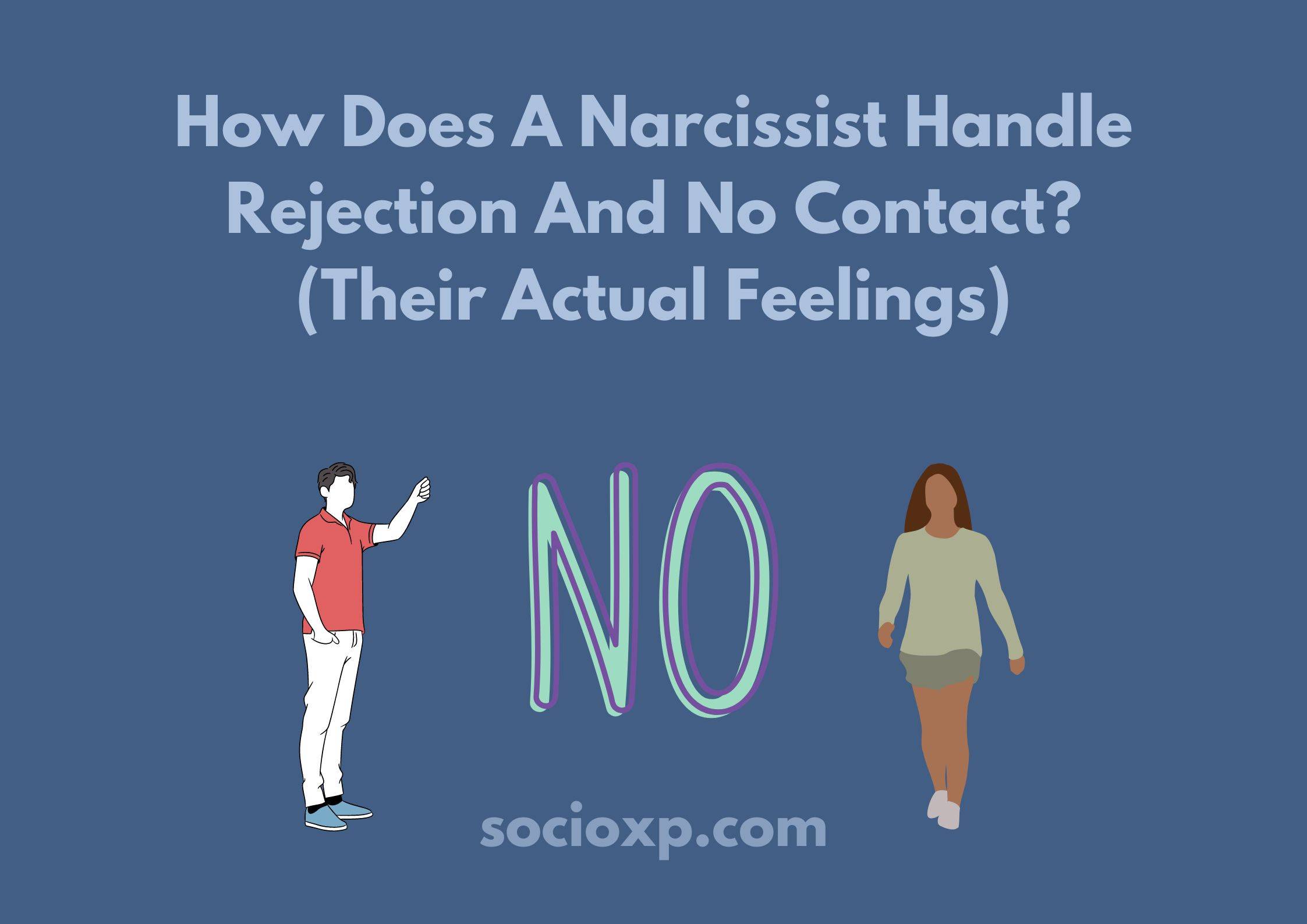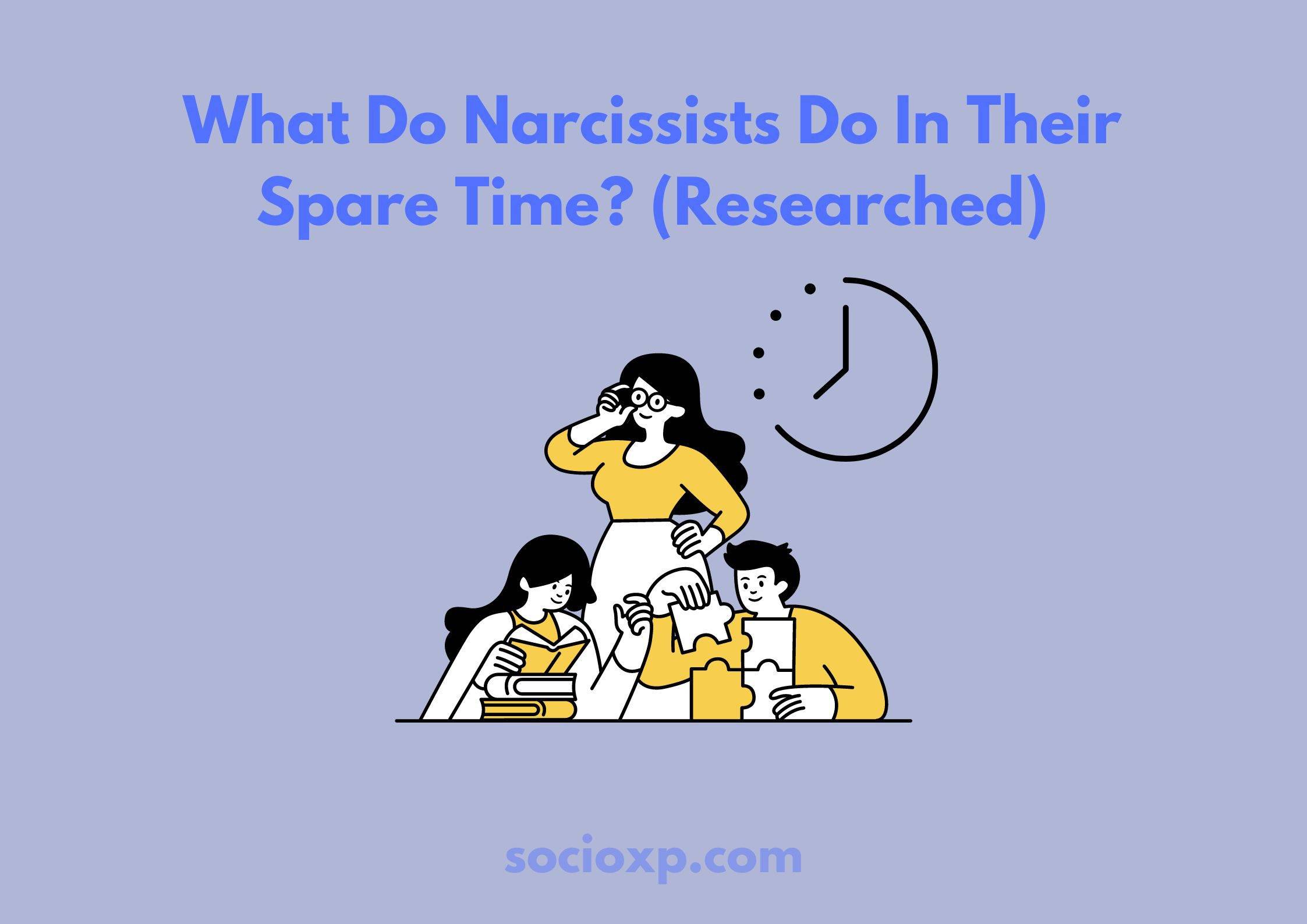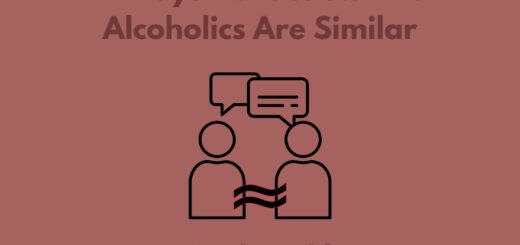Adult Children Of Narcissistic Parents – Issues They Deal With
What issues do Adult Children Of Narcissistic Parents face? Children might not know that they are being raised by narcissistic parents. And thus they may face many issues as adults in life due to childhood trauma and lack of proper parenting.

All the time the children might blame themselves for being insufficient or incompetent as their parents might always be expecting more from them. But little do they know, they might not be the problematic ones, but their parents are abusive and manipulative.
An issue a child might face after growing up is that they may not be able to know that their parents or one of the parents is a narcisist. This is a very significant factor for Adult Children of Narcissistic Parents as they may realize later in their lives that they have been treated differently as a child as they had manipulative and abusive parents.
How is it being raised by Narcissistic Parents? – The Childhood Phase
Some parents unintentionally or intentionally interfere in their child’s life, more than the required amounts as they wish to protect them from the evil world. But they do not realize that they are making the child’s life even more difficult than the rest of the world. This is what toxic parenting looks like. Toxic relationships are where no boundaries are understood, and there is a lack of warmth. There are manifestations of selfishness, egotism, poor communication, and a lack of tenderness and empathy.
Children raised by narcissists are not left with no choice but to live and be raised in a toxic atmosphere. They may be the default victims of narcissistic abuse as they do not know about what they are being part of nor have the power to protect or defend themselves.

When a child is being raised by narcissistic parents, they may lose their individuality and identity in the process as they may always be focused on keeping their parents pleased and finding ways to be acceptable to them.
It is stated by mental health experts, that children raised by narcissists have childhood trauma, which affects their upbringing and also makes the same or even more narcissistic than their parents.
Narcissistic parents may willingly or unwillingly inflict pain and long-term wounds in the form of psychological trauma through their behavior. People who are the closest to the narcissist bear the most pain from them. Children are always vulnerable and closest to their parents thus they can be easily targeted by narcissistic parents.
Narcissistic parents are lamentable parents and they may never put their child’s needs in the priority. Their selfish, self-obsessed, and egotistic selves may never allow them to prioritize anybody else than themselves.
Narcissistic parents are unavailable emotionally, or even physically to their children, thus they are unable to fulfill their child’s emotional needs. This way the child may either be codependent or be a narcissist.
In some cases, where children are unable to receive love, compassion, and care from their narcissistic parents, they start denying all their feelings and just focus on one thing to impress their parents to gain their attention and adoration.
They start seeking validation from their parents for the smallest of matters. Such children also develop a fake or a false self which may be dependent on other people’s validation, making them co-dependents.
Adult Children Of Narcissistic Parents – Issues They Deal With
As the children turn into adults and face the social arrangements of the world, they may soon realize that there was something wrong, misleading, or lacking with their childhood and that the treatment their parents provided was somehow different from other parents.
This makes it even more difficult for adults because by the time they realize all the manipulation, mind games, narcissism, and mind control, it might be too late for them as they might already into the swamp of toxic culture, habits, and environment. They might already be living with all the difficulties without realizing the real reason.
Children of such narcissistic parents would lack confidence, would be constantly feared, have low self-esteem, lack care, and love, would feel depressed and neglected, would always have the urge to attain perfection to get validation, and would mostly be prey to narcissism knowingly or unknowingly, willingly or unwillingly.
Such children may always feel inferior to others despite their achievements in life, might have low or nil self-esteem, sacrifice their needs to fulfill other people’s needs, and feel guilty about being disobedient even as adults.

Unless the reverse is deliberately done adults raised by narcissistic parents might have negative ideas and beliefs passed down by their narcissistic parents ingrained in their minds.
Now, let us discuss some issues that adults raised by narcissistic parents might face,
More Abusive Relationships
The tragic fact about being raised by narcissistic parents is a lack of self-esteem and self-confidence. Thus children raised by narcissistic parents might always be targeted by narcissists and psychopaths and they may be the new victims or co-dependents, as such toxic people can easily spot underconfident and vulnerable personalities within no time.
Children might not know the differentiation between toxic and good behavior and thus they might accept toxic behavior as something normal. Thus they may accept that this is what their lives would be like as they might or might not learn about narcissism until it’s very late and they are unable to change anything.
Decision Making
Children raised by narcissistic parents either are co-dependent or are unable to make their own decisions. Their narcissistic parents have manipulated and persuaded them to do as they wish and have ignored all time what the child wants or they might wish.
Adult children of narcissists might find it easy when others decide for them as they might always be doubting their decisions as they never had the independence of thought while being raised by toxic parents.
They might always feel that their thoughts are not worthy, or they do not have a mind to have such worthy thoughts thus they may never be able to make decisions for themselves always depending upon someone to guide them.

The Emotions
The adult children of narcissists are not allowed to express their emotions and feelings. Children of narcissistic parents find it difficult to put their thoughts with confidence. They often hide their feelings or always suppress them as they know no one will be there to listen to them.
Such children are punished when they express themselves, they always get a nodding no head for whatever they want to do or say, thus making it difficult for them to open up in front of everyone.
They may always face their parent’s furious nature, rage, and negation when they try to express anything, thus making them overwhelmed by their pent-up emotions, emotional outbursts, or an inability to express themselves.
Sibling Rivalry
Narcissistic parents take utter advantage of having two or more children by creating a competition between them to become the scapegoat child or the favorite child. They may do this to get obedient, compliant, and dutiful children.
Thus the competition of being the “chosen one” continues and develops into sibling rivalry creating lifetime differences between siblings. Tjus adult children of narcissists may have malformed relations even with their siblings.
Fear and Guilt
Fear and guilt are two major emotions used in controlling their children by narcissistic parents. They dominate their children by making them fear the consequences of disobedience and when they still disobey them in some cases, they may make them feel guilty that they may not be able to recover from that guilt even as adults.
The consequences that narcissistic parents lay on their kids might be lifelong lessons that may act like negative reinforcement in their life making them feel guilty and culprits even if they might not have done something wrong.

Should an adult raised by narcissistic parents keep contact with their parents or not?
The adults raised by narcissistic parents might want to completely detach themselves from their narcissistic parents once they are aware of the narcissism and all the toxicity they might have had to face because of their narcissistic parents.
This may seem harsh to those who might have not faced such a difficult childhood or might be ignorant about narcissism. But when the thought perspective is from the adult children of narcissistic parents’ side, this may make perfect sense considering all those malignant and maleficent treatments they might have faced due to narcissism.
Breaking off contact might not make your guilt less or can make you feel underwhelmed as this may make you feel like you have done something wrong. Thus instead of cutting off contact entirely, you might limit the contact and access to the narcissistic parents. Fulfill your responsibility as a child, even though you might have had a traumatic childhood because of them, this seems a more appropriate step.
Can Narcissism be Cured?
However, there is no such cure that can help to cure permanently. But some ways may help to reduce its impact on a person’s life. The degree of narcissism can be narrowed down to some extent. Also, it totally depends on the individual to have that willpower, motivation, and wish to be cured.
Narcissists are rigid and cannot just accept the fact that they can have some fault. They constantly deny and refrain from acknowledging the fact that they need to be cured of something, and that to something psychological. They do not accept the fact that they are flawed in some way.
They would adjust and deny the fact that they can create trouble for others due to some psychological personality disorder. Narcissists consider themselves as these perfect, flawless, and amazing individuals who cannot be hated by others and who also do not require any sort of intervention to get better in the first place.
Can the children suffering due to their narcissistic parents be Cured?
There is not a specific cure for a person to heal and recover from the torture of narcissism yet. But a strong-willed person can be healed. There are a few ways that can help a person get cured of the abuse and let go of the underlying feelings, but those ways can differ for each individual. But once someone decides that they wish to be healed, then there is no turning back. There are various approaches to getting healed and getting cured, which are mentioned below,

Seeking Therapy
Seeking therapy from mental health expert professionals can help the children let go of their fears and insecurities and open up gradually. A therapist may be able to make the children feel that they are great and enough as they are and they do not need to seek validation from others. They can help develop self-esteem, and confidence and let go of their insecurities of being perfect at everything they do.
Learning to build self-confidence
Motivating themselves into self-care routines, promoting their mental health, and practicing compassion for themselves are some of the ways that can help boost self-confidence which also helps in increasing self-esteem. Only allowing positive people and thoughts may ensure that no negativity is entering one’s life. Surrounding oneself with people who can provide emotional and mental support like family members, friends and anyone who can help oneself to heal is also an excellent idea.
Letting go of the past and traumatic experiences
The best way to overcome or heal from some traumatic experience is to let go of the bitter, toxic, and leftover feelings. Working on self-care and taking care of one’s well-being is the biggest way to support oneself to overcome traumatic experiences.
What are some ways to cope with trauma?
- Learning about your true feelings, keeping aside all the false facades that you have created, and acknowledging them can be the initial step.
- Look after your physical health with the help of exercises, yoga, meditation, and any form of physical workout.
- Look after your mental health with the help of meditation, reading good books, seeking help from your loved ones, listening to music, and doing more things that keep your interest at its peak.
- Give appropriate time to yourself to heal internally; do not force healing upon yourself.
- Learning new skills, meeting new people, and visiting new places also play a crucial role in freeing yourself from narcissistic characteristics.
Final Thoughts
When you have a narcissistic parent, your childhood and coming years may be difficult having someone manipulative around all the time. You would be always expected to fulfill their expectations and bring pride to the family even at the cost of your well-being. You may lose yourself in trying to please them, but sooner or later you might come to realize the toxicity and save yourself by seeking healing.
You cannot choose your parents or the way they treat you, but you can always find ways to defend yourself and create healthy boundaries. Healing requires self-care, self-compassion, and a lot of patience be patient with yourself and do not rush the healing.
- How To Make A Narcissist Discard You And Leave You Alone? - March 21, 2024
- Narcissistic Supply: 9 Signs You May Be Someone’s Narcissistic Supply - March 11, 2024
- Narcissistic Abuse And Anxiety – 11 Symptoms of Narcissistic abuse-induced anxiety - March 9, 2024


